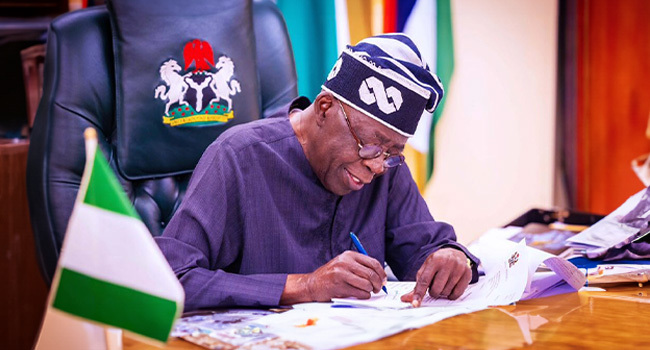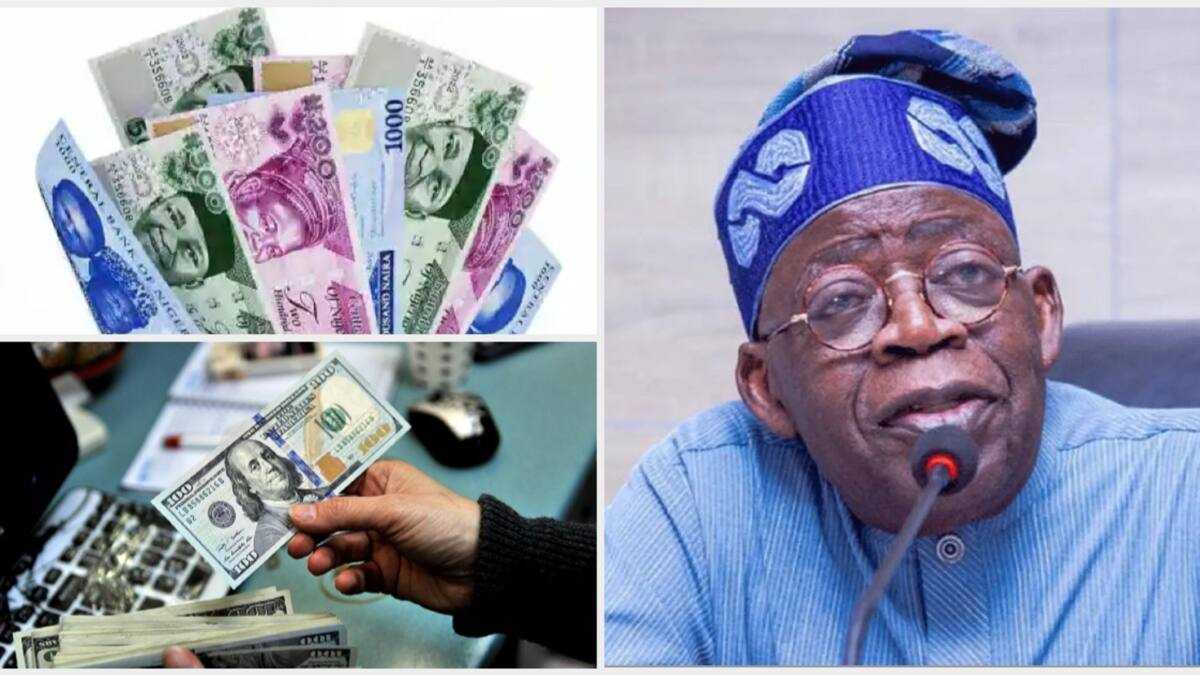
Tinubu secures World Bank loan, heralded by some as a lifeline for Nigeria’s battered economy—though for many citizens, it feels more like a fast ride toward financial ruin. Let’s dissect the numbers, the motives, the historical context, and the growing outcry.
President Bola Tinubu’s administration has leaned heavily on World Bank loans, pitching them as critical tools for jumpstarting reforms, funding infrastructure, boosting education, and helping the poorest survive. Recent approvals include billions in concessional financing aimed at stabilizing the economy, spurring social safety nets, and reforming revenue systems.
es for residents.
Yet, for ever-evolving reforms, it’s taxpayers who will ultimately carry the weight—not in benefits but in ballooning interest and diminished lives.

As of March 2025, Nigeria’s total debt to the World Bank stood at $18.23 billion, up from $17.81 billion in late 2024—amounting to nearly 40% of its external debt.
Punch Newspapers+1
Adding the newly approved $1.08 billion World Bank loan announced this year pushes that estimate further north of $19 billion.
Reuters
To put it bluntly: the bill is growing faster than reforms or hope itself.
Borrowing is a familiar pattern in Nigerian governance, but the pace under Tinubu dwarfs prior administrations.
In per-year terms, Tinubu is borrowing nearly 4 times the pace of his predecessors—a debt trajectory that will haunt future generations.
Across social media and news outlets, Nigerians are livid:
Quotes like “Our children will pay for this—while we have nothing to show for it” encapsulate the frustration of households already struggling to survive.
Some estimate that every Nigerian could eventually owe N800,000+ each, should borrowing continue unbridled.
The Guardian Nigeria
Despite all these loans, public services remain underwhelming. Power grids still fail. Schools lack classrooms. Roads erode without repair. Critics argue the real crime isn’t borrowing—it’s borrowing without delivering results.
Meanwhile, government officials champion higher credit limits, even as real poverty grows. The narrative seems upside-down: a nation bankrupted by borrowing in the name of progress.
Tinubu’s borrowing binge—driven by lofty reformist slogans—has delivered only debt and disillusionment. Between incomplete disbursements, runaway obligations, and only marginal visible progress, Nigerians are left to wonder: Who this really serving—us or the next loan portfolio?